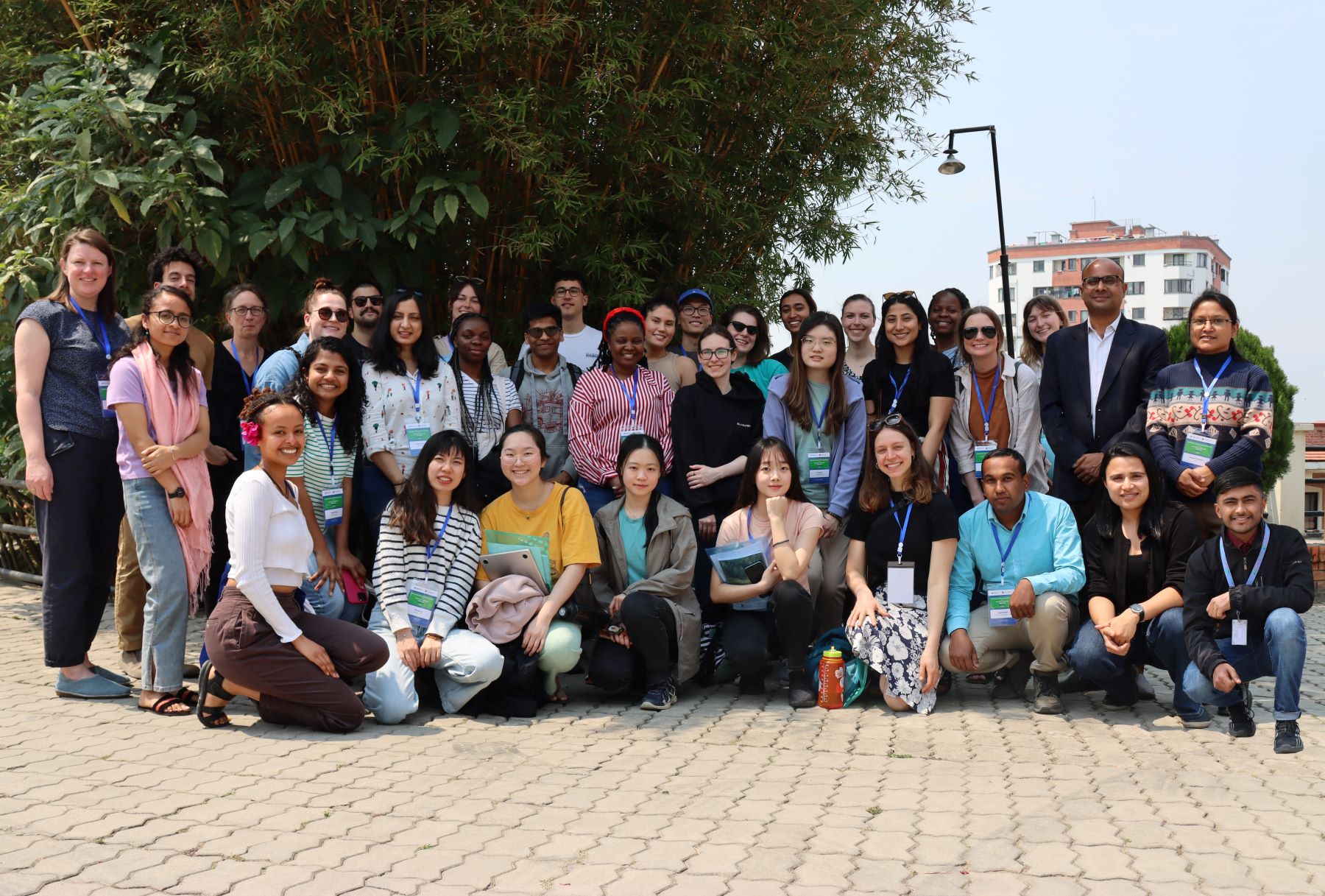Project Name: Political Economy Analysis of Local Governance in Nepal with Special Reference to Health and Education Sectors/ Nepal
Donor: The Asia Foundation
Project Leader: Dr. Hari Dhungana
Duration: Dec 2011 – Dec 2012
Brief Description of the Project:
The last local-level elections in Nepal were conducted in 1997, and from 2002 local bodies have remained without elected representatives. Since then, several mechanisms have been put forward to overcome the transition period, with a very little commitment to conduct local election in near future. Even an optimistic scenario for Nepal’s political transition in the next several years would recognize that significant changes to local governance structures on the ground remain years away. With at least few more months until a new constitution is promulgated, even assuming the constitution is in fact completed at that point, the process of implementing whatever structures are agreed to will be contentious and slow. The reality is that the current ad hoc system of local governance is likely to stay largely intact for at least three more years. In addition, the eventual introduction of a new structure or other formal processes will struggle to remove the drivers of decision making and relationships that have developed and are entrenched at the local level. New structures will certainly change local governance, but the existing processes and relationships will also shape the way that any new system will function and perform. A key objective of this study was to develop better understanding of the political economy factors (both formal as well as informal) contributing to misappropriation of development resources at the local level and identify both formal (policy level) as well as informal (practice level) interventions that can help curb such misappropriations.



